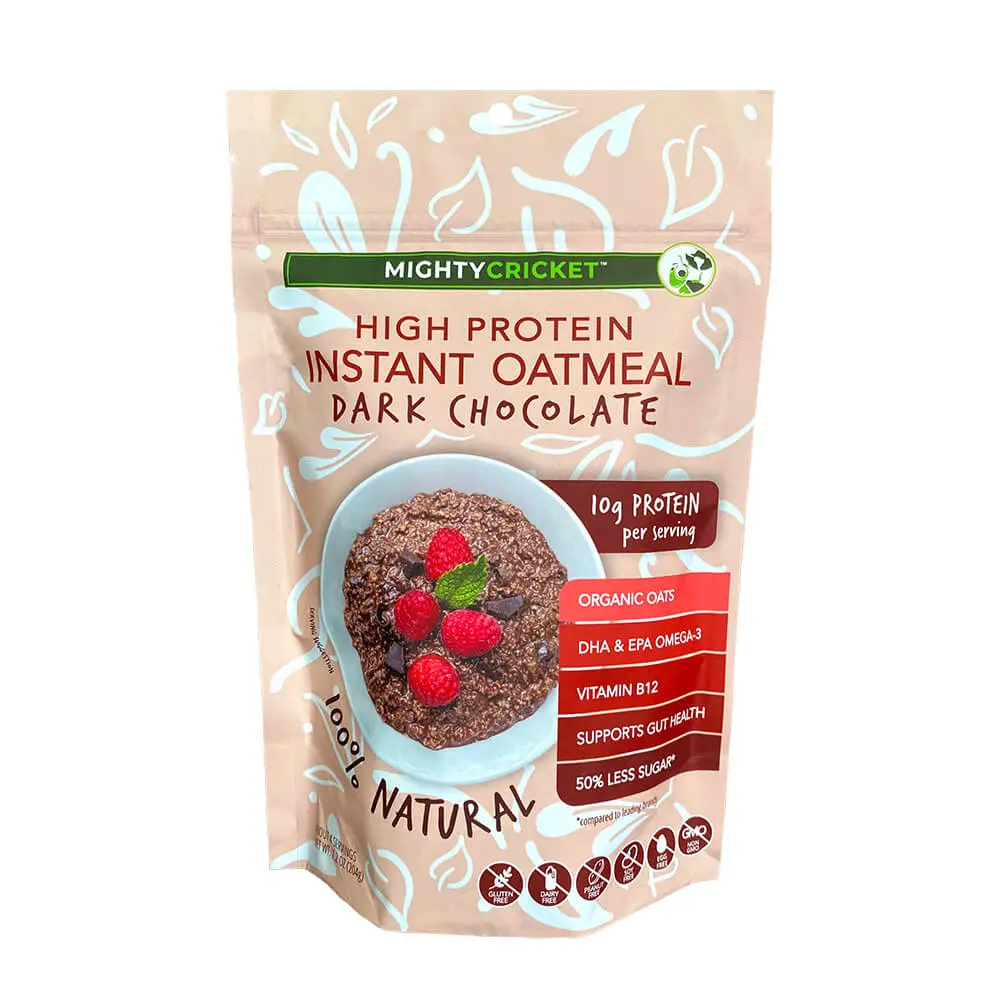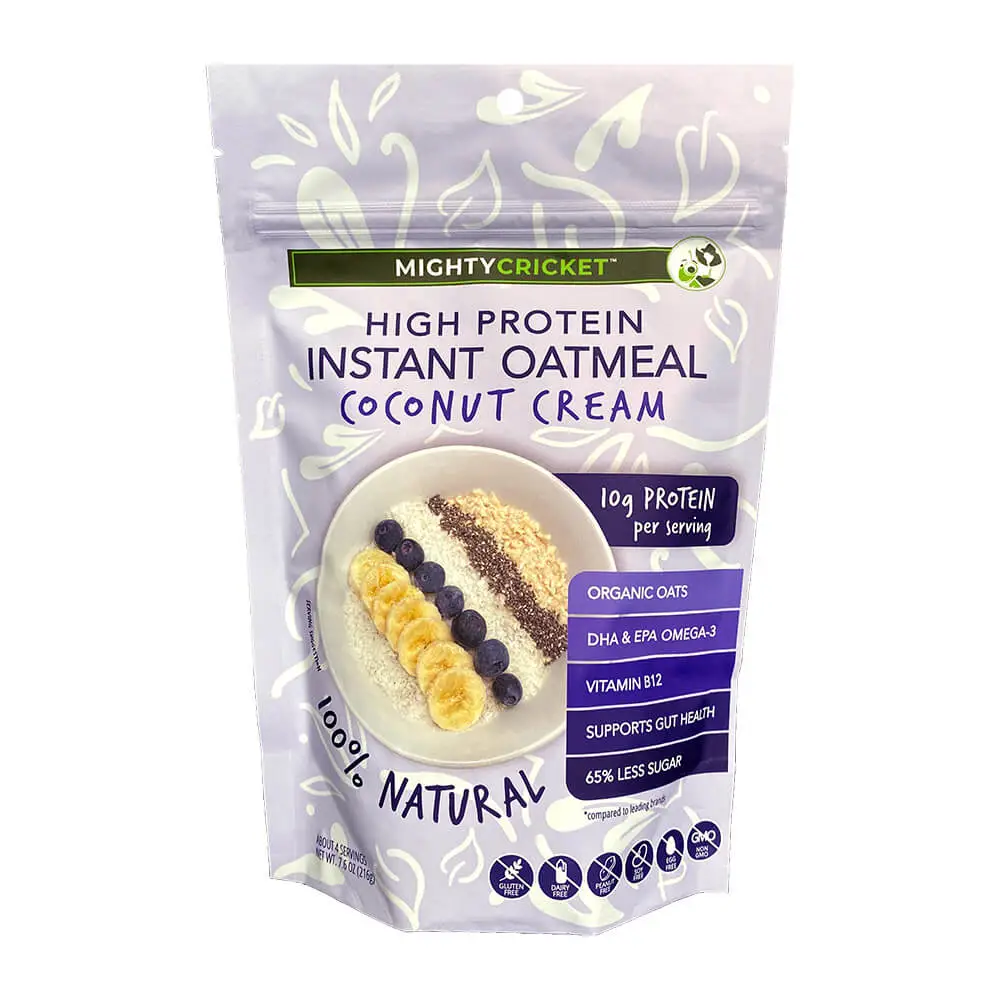The Environmental Impact of Single-Use Plastics and How to Avoid Them.

The Impact of Single-Use Plastic
Plastic is a significant problem in our environment, and single-use plastics are the most significant contributor to this problem. Single-use plastics are items that are used only once before being thrown away, such as straws, plastic bags, and water bottles. These items often end up in landfills, oceans, and other natural habitats, where they can take hundreds of years to decompose.
“Single-use plastics often end up in landfills, oceans and other natural habitats, where they can take hundreds of years to decompose.“
The environmental impact of single-use plastics is significant. They can cause harm to wildlife and marine life, damage ecosystems, and contribute to climate change. Here are some of the ways single-use plastics impact the environment:

1. Landfills:
Single-use plastics contribute to the growing problem of overflowing landfills. They take up space and can take hundreds of years to decompose, releasing harmful chemicals into the soil and water..
2. Marine life:
Single-use plastics are one of the most significant sources of marine pollution. Marine animals often mistake plastic for food, which can cause injury, suffocation, and even death.
3. Climate change:
The production of single-use plastics contributes to greenhouse gas emissions, which can lead to climate change. These emissions are generated during the extraction and transportation of raw materials, as well as the manufacturing and disposal of plastic products.
So, how can we avoid single-use plastics and reduce our impact on the environment?
1. Bring your reusable bags: Bringing your own reusable bags when shopping can significantly reduce the number of plastic bags used.
2. Use reusable water bottles: Refilling a reusable water bottle instead of buying bottled water can reduce the number of plastic bottles that end up in landfills and oceans.
3. Avoid straws: Skip the straw or bring a reusable one when ordering a drink. Alternatively, switch to a straw made from alternative materials like bamboo or metal.
4.Bring your reusable containers: When ordering takeout food, bring your reusable container instead of using the disposable one provided.
5. Choose plastic-free products: Look for products that are packaged in recyclable or biodegradable materials, or that use minimal packaging..
In conclusion, the environmental impact of single-use plastics is significant, and it is essential to reduce our consumption of these items. By making small changes in our daily lives, such as using reusable bags and water bottles, we can significantly reduce the amount of plastic waste that ends up in our environment. Let’s make every day Earth Day by committing to reducing our use of single-use plastics.
Get your clean cricket protein before we run out again
Original price was: $13.99.$11.99Current price is: $11.99.
Out of stock



